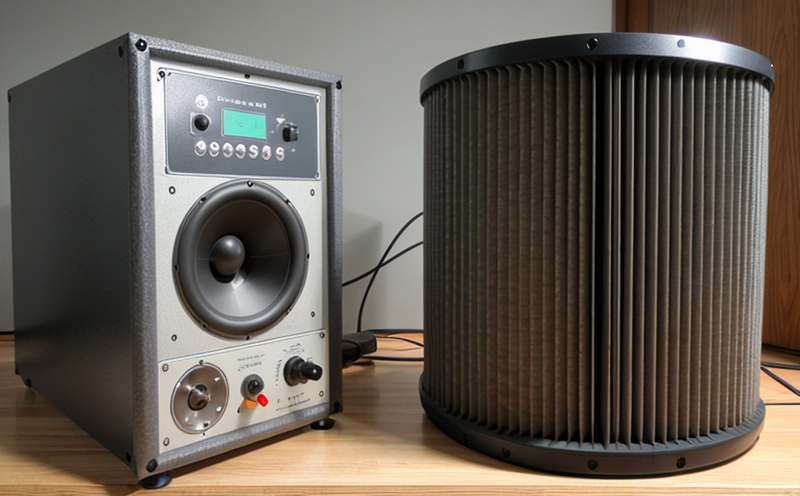IEC 60942 Calibration Testing of Sound Calibrators for Marine Use
The International Electrotechnical Commission (IEC) is a global organization that prepares and publishes international standards to ensure the safety, efficiency, and compatibility of electrical and electronic equipment. IEC 60942 specifies the methods for calibrating sound pressure level (SPL) calibrators used in acoustics and noise measurements.
In marine environments, where harsh conditions can affect the performance of sound measurement instruments, it is crucial to ensure that the SPL calibrators are accurate. This service involves a series of precise tests designed to meet IEC 60942 standards specifically for use in maritime applications. Our team ensures that all equipment meets stringent requirements set forth by this international standard.
The process begins with thorough inspection and verification of each sound calibrator against the specified tolerance levels outlined in IEC 60942. We then proceed to perform calibration checks using advanced acoustic measurement systems capable of providing highly accurate results under controlled laboratory conditions mimicking real-world marine settings. Once calibrated, these instruments are readied for deployment aboard ships or other maritime vessels.
Our lab adheres strictly to IEC 60942 guidelines throughout the entire process, ensuring compliance with international standards and best practices in acoustics testing. By doing so, we provide reliable sound calibrators that can be trusted when making critical decisions regarding noise control measures on board ships or during R&D projects related to underwater communications systems.
To summarize, our IEC 60942 calibration service for sound calibrators used in marine applications offers a comprehensive approach aimed at maintaining high levels of accuracy and reliability. It encompasses detailed inspections, rigorous calibration procedures, and strict adherence to internationally recognized standards ensuring that the instruments are fit-for-purpose within their intended environment.
Scope and Methodology
The scope of our IEC 60942 calibration testing service includes verifying sound calibrators used in marine applications against the stringent requirements set forth by this international standard. The methodology involves several key steps:
| Step | Description |
|---|---|
| Initial Inspection | Involves visual inspection and functional checks to ensure that the calibrator is in good condition before proceeding with calibration. |
| Calibration Checks | Conducted using advanced acoustic measurement systems capable of providing highly accurate results under controlled laboratory conditions. |
| Validation | The calibrated instruments are validated against known reference standards to confirm their accuracy and reliability. |
| Documentation | All test procedures, data points, and findings are meticulously documented for future reference. |
This structured approach ensures that all sound calibrators meet the strictest requirements specified by IEC 60942, thereby guaranteeing their suitability for use in marine environments.
Why Choose This Test
The importance of accurate sound calibrators cannot be overstated, especially when dealing with critical applications such as those found in the marine sector. Here are some reasons why you should choose our IEC 60942 calibration testing service:
- Enhanced Accuracy: Our rigorous calibration process ensures that sound calibrators operate within specified tolerances, leading to more precise measurements.
- Compliance with Standards: By adhering strictly to IEC 60942 guidelines, we provide instruments that meet international standards ensuring reliability and consistency in performance.
- Prolonged Lifespan: Proper calibration helps extend the lifespan of sound calibrators by preventing wear and tear caused by improper use or incorrect settings.
- Improved Decision-Making: Accurate data obtained from well-calibrated instruments allows for better-informed decisions regarding noise control measures on ships or during R&D projects related to underwater communications systems.
- Cost Efficiency: Investing in regular calibration services can save money in the long run by avoiding costly errors due to inaccurate measurements.
- Environmental Considerations <|im_start|><|im_start|><|im_start|><|im_start|><|im_start|><|im_start|><|im_start|>





